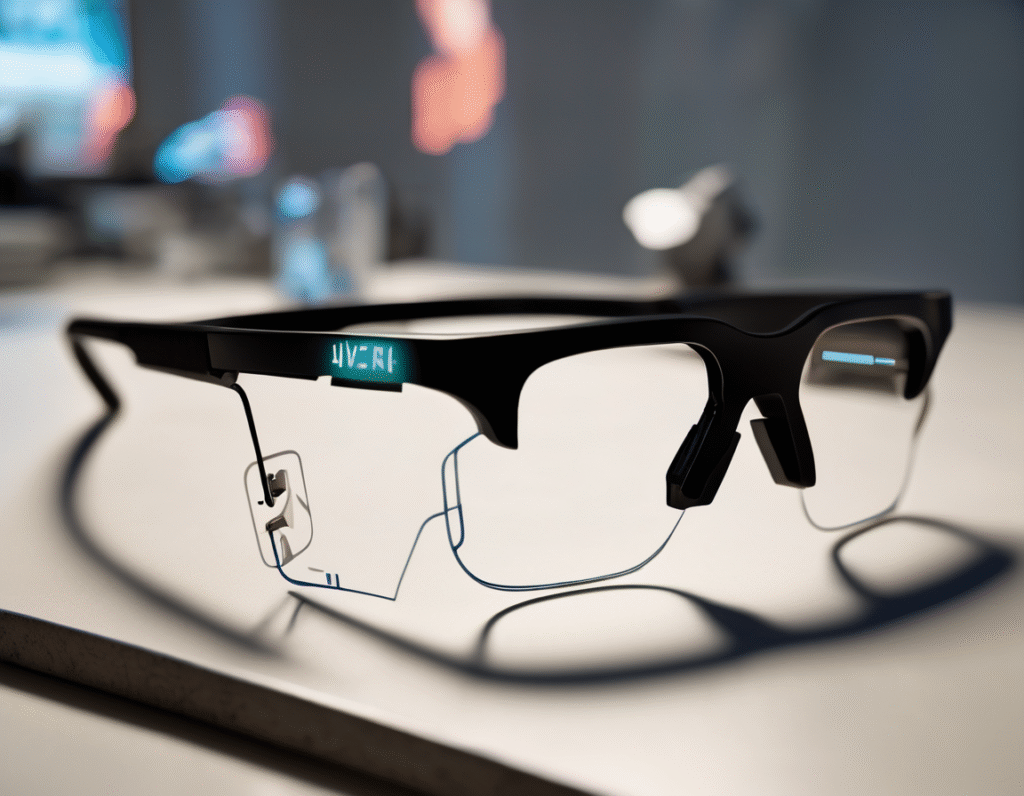Magic Leap Returns with Android XR Smart Glasses Prototype and Deeper Google Alliance Magic Leap is making another attempt to establish itself in the augmented reality arena. The company has unveiled a new prototype for Android XR smart glasses and has extended its strategic partnership with technology giant Google. According to the company, it developed the glasses as a reference design to showcase the potential of the emerging Android XR ecosystem. The prototype resembles other contemporary smart glasses, featuring thick frames that are necessary to house the electronic components. A visible camera lens is situated on the left side of the frames. Beyond the physical design, Magic Leap has been sparse with details. It did state that the glasses are a product of combining its own waveguide and optics expertise with Google’s Raxium microLED light engine. This collaboration aims to create display technologies that could make all-day, wearable augmented reality a more practical reality. Crucially, the glasses operate on Google’s Android XR platform. This operating system is the same one that powers Samsung’s recently released Galaxy XR headset, which is the first major device to run on the platform. Magic Leap has experienced a turbulent history. After failing to capture the consumer market with its first AR headset, which reportedly sold only 6,000 units in a six-month period, the company pivoted its focus entirely to the enterprise sector. This shift led to the release of the Magic Leap 2 in 2022. The company’s fortunes changed significantly when Saudi Arabia’s Public Investment Fund acquired a majority stake and infused over one billion dollars into the venture. More recently, the company underwent another strategic change. In July of 2024, Magic Leap laid off approximately 75 employees, with the cuts primarily affecting sales and marketing staff. This move was part of a new direction to license its technology to other companies rather than focusing solely on selling its own hardware. The expanded partnership with Google is a key component of this new strategy. The collaboration, initially announced a few months prior, is intended to advance extended reality technologies. This relationship has already involved the transfer of personnel, with reports from late last year indicating that Google brought on about 100 Magic Leap employees to work on its Android XR projects. The new smart glasses prototype is the first tangible result of this deepened alliance.

